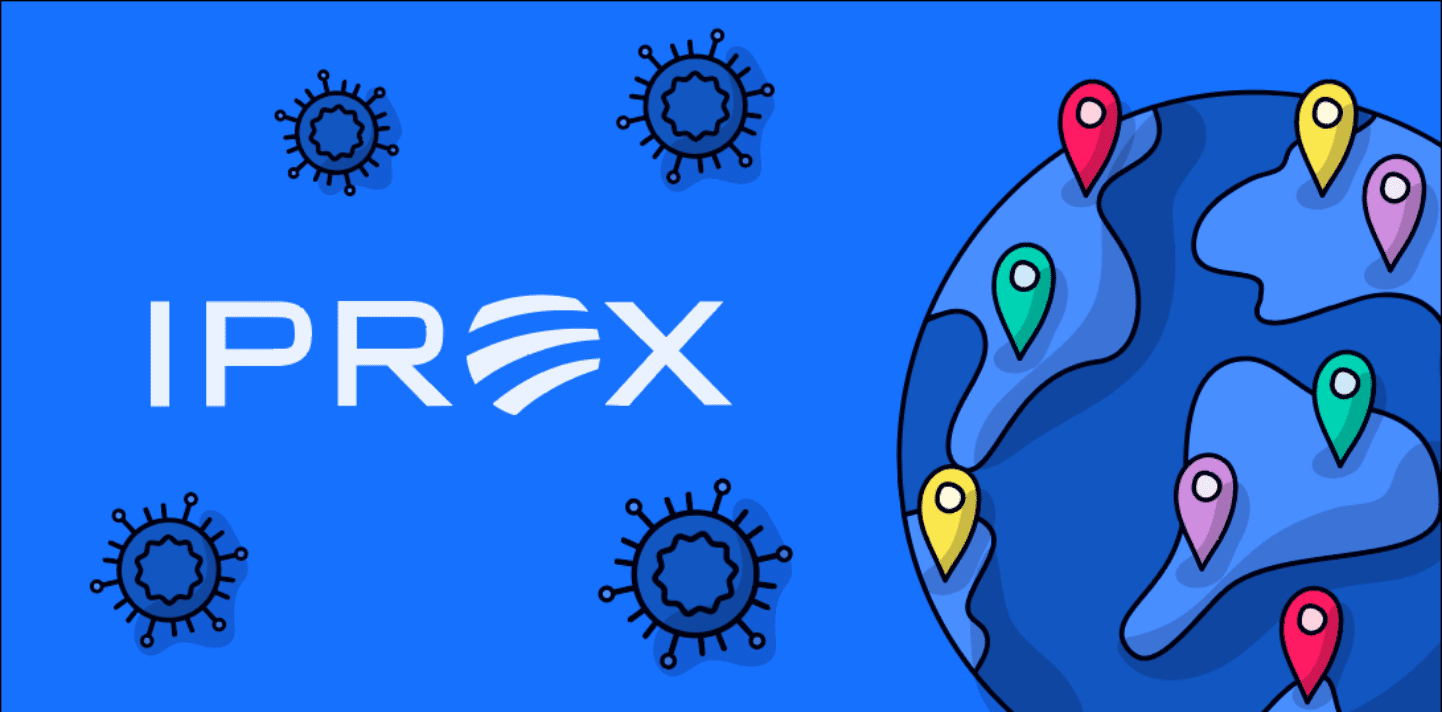A few years ago, I was on a bike ride with a friend and we talked about the dynamic of partisan media, and how people now opt into channels that align with their own politics and worldview.
My friend used a great analogy regarding the loss of critical thinking. He said people need a return to thinking more like how the GPS on our bike computers work — determining your location based on information from multiple points of information. For GPS, that’s multiple satellites. For media or perspective, that’s multiple points of view.
Which brings me to a fascinating new report that compiles views on COVID response from 14 IPREX partners around the world. How did different countries respond to the crisis, and with what outcomes? And, in terms of our industry, what can we learn?
There’s a lot here, but it’s worth the time to learn from this report. A few things specifically stood out to me:

To motivate people and drive behavior, government officials that communicated with humility made a huge difference. Being honest about what you do and don’t know during this crisis had an impact.

Different cultures have different tolerance for social change. For example, wearing masks in Japan was easily accepted; In Denmark, people were generally open to accepting a “first in, first out” strategy to lockdown.

Consistency matters — for example in the U.S. and Mexico, mixed messages sowed confusion, unnecessary debate and negatively influenced the ability to change behavior.
This report is an example of the best of IPREX — learning from smart and informed colleagues around the world and bringing these learnings back to our agency, clients, communities and friends.
Enjoy, and drop me a line if you’d like to discuss this more. I’m all in on GPS-like discussions and would love to share viewpoints, even when they diverge from my own.

